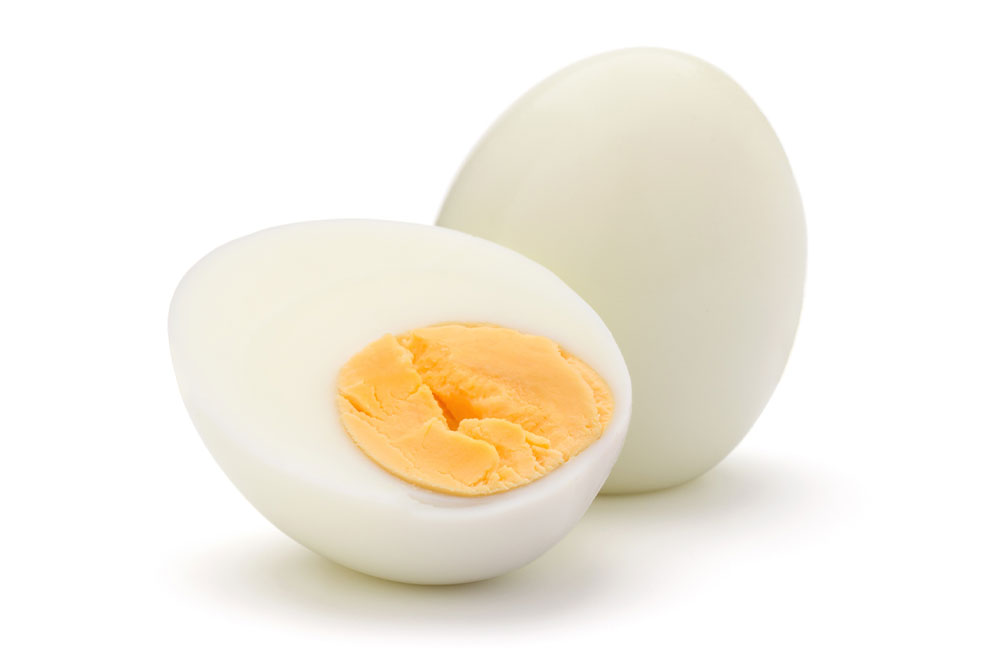Chronic Kidney Disease – Foods to Eat

If your kidneys are damaged, and their ability to filter waste from the blood reduces, you will probably be diagnosed with chronic kidney disease or CKD. The accumulation of waste as a consequence of this health impairment can crease several complications, including high blood pressure, weak bones, nerve damage, anemia, and malnutrition. Chronic kidney disease tends to increase the risk of other conditions related to the heart and blood vessels.
Early detection and treatment can help slow the deterioration, but no cure exists. Thus, it is essential to acquire a good quality of life and prevent permanent kidney failure, which will necessitate dialysis or kidney transplants.
How to manage chronic kidney disease?
The choice of treatment depends on the progression of chronic kidney disease, associated health problems, and current lifestyle. Prescription treatment typically helps to control comorbid conditions like high blood pressure, high cholesterol, vitamin K build-up, water retention, and diabetes, among others. A nephrologist is likely to recommend a combination of options: lifestyle changes, prescription treatments for associated problems, and in later stages, dialysis or transplants.
Lifestyle changes for chronic kidney disease
A doctor is also likely to recommend changes in your style of living. You can damage muscles and bones during the course of the illness, and hence exercising is vital. Ideally, you must get at least 150 minutes of exercise a week. During flare-ups, exercise is not possible, so you can opt for physiotherapy or electrical stimulation to strengthen the muscles. Further, salt can also become problematic – the ideal amount of one teaspoon daily is about 6 grams. Additionally, you must avoid non-steroidal anti-inflammatory drugs (NSAIDs – like ibuprofen) and use alternatives instead. Apart from these, food modifications can help reduce the progression of chronic kidney disease.
Foods for chronic kidney disease
Restrictions in food items vary based on the level of kidney damage, and a “renal diet” is usually recommended. Such meal plans boost kidney function and prevent further damage. You must restrict three nutrients – sodium, potassium, and phosphorus – since the damaged kidneys lose the ability to filter out excess of these substances efficiently. When kidney damage is in stage 5, the need for protein increases. The following five foods boost kidney function and help you manage chronic kidney disease.
Egg whites
Egg yolks are incredibly nutritious. However, they contain high levels of phosphorus. It means that egg whites are a better choice as a kidney-friendly source of protein. Two large egg whites have only 10mg of phosphorus and hence are an excellent choice for those undergoing dialysis.
Strawberries
This sweet treat, with or without chocolate, is perfect for those with chronic kidney disease. It is a delicious snack that is low in potassium and gentle on the tongue. The berry is also rich in vitamin C, manganese, and fiber. Antioxidants also help reduce the risk of heart conditions.
Garlic
When certain foods are restricted, spices become your best friend. With anti-inflammatory properties, garlic is an aromatic and tasty ingredient that adds flavor to your food and helps manage kidney health. It can act as an alternative to salt, which needs to be limited when you have renal problems. It also contains vitamins B and C and minerals like potassium, phosphorus, and manganese.
Cauliflower
Raw, steamed, or as soup, cauliflower is a delicious and excellent crucifer to help boost your health. The vegetable contains vitamins B, C, and K and is a kidney-friendly alternative to potatoes. Cauliflower is an excellent source of fiber and also possesses anti-inflammatory properties. Additionally, it has minimal quantities of potassium.
Sea Bass
A high-quality source of protein is sea bass. It has omega-3 fatty acids and is low in phosphorus content. It has the capacity to decrease the risk of cognitive decline and anxiety and reduces inflammation. It is imperative, however, not to overeat since excess of this fish can increase potassium levels in the blood, making it harder for the kidney to function.
Tips for managing kidney disease
Opt for low-sodium foods
Controlling blood pressure is necessary for individuals with chronic kidney disease. It is best to prepare your own food since packaged, processed foods contain more salt to preserve it for longer. Try to use spices, herbs, and sodium-free seasoning. Remember to rinse canned vegetables well and strain them since they contain excess salt. Look for alternative foods labeled as “sodium-free” or “lightly salted.” Make sure to read the labels. It is best to avoid taking more than a daily value of over 20%.
Eat the right kind and amount of protein
Protein metabolism produces byproducts that the kidney needs to work hard to remove. So it is better to choose the right combination of proteins. You can pick between fish, chicken, eggs, beans, nuts, grains, or dairy products like yogurt or cheese.
Eat heart-friendly foods
Unfortunately, chronic kidney disease often brings along heart complications. It means you must try hard to keep fat from accumulating in your blood vessels. Stick to boiling, steaming, or baking your food instead of frying it. Trim meat, use olive oil instead of butter, and avoid transfats.
Choose low-phosphorus foods
As discussed above, preventing the build-up of phosphorus in the blood is critical. This mineral causes the breaking down of calcium from the bones, leaving them vulnerable to fractures. High phosphorus levels can also cause itchy skin and bone and joint pain.
Reduce potassium intake
Potassium build-up due to chronic kidney disease affects the nerves and muscles. This mineral has the potential to affect the heart too. Salt substitutes are typically high in potassium. Additionally, some prescription options may increase blood potassium levels and hence may need to be adjusted. Remember always to check the labels of your food. If you need clarification, consult a nutritionist for a CKD-friendly meal plan.